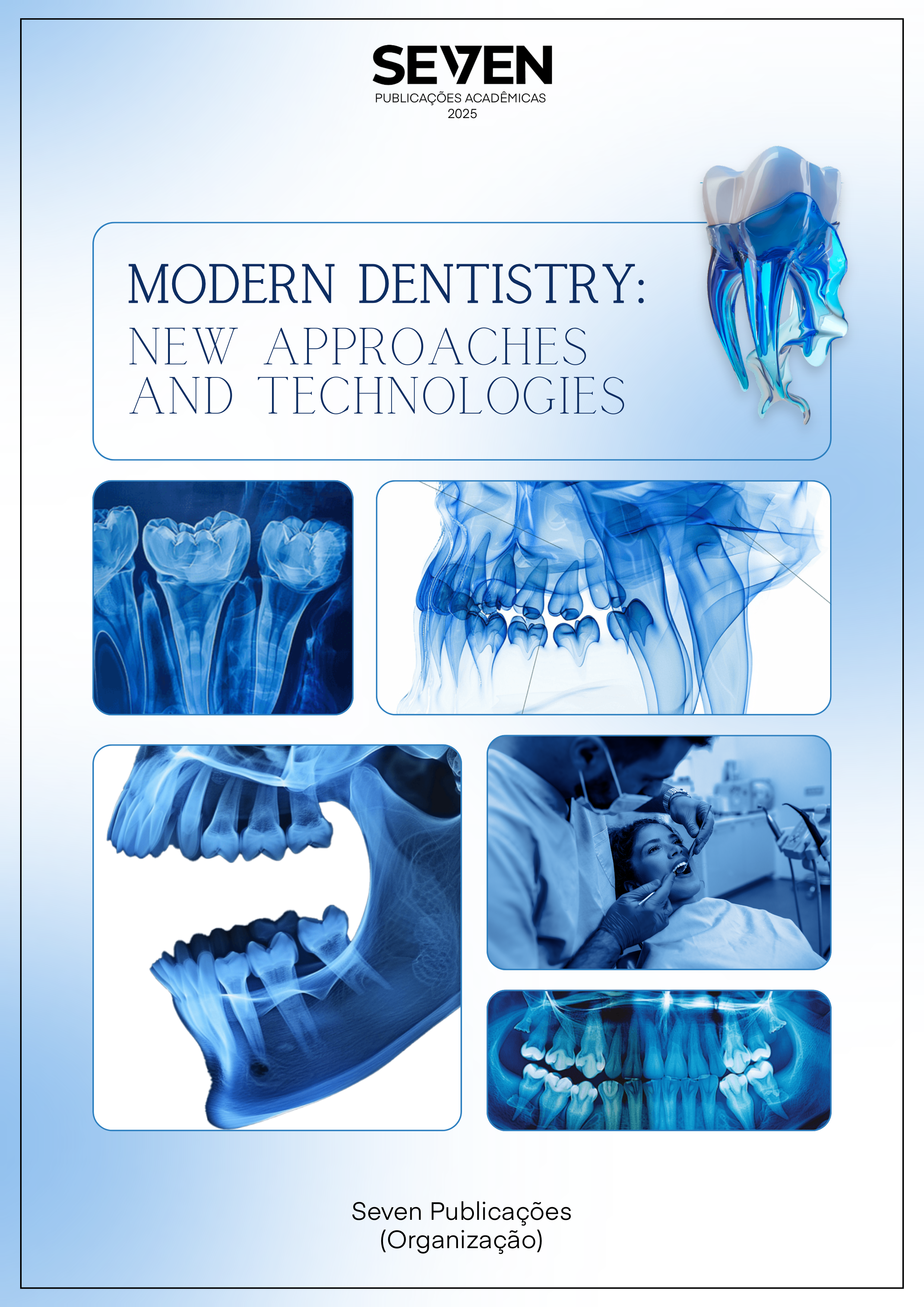IMMEDIATE COMPLICATIONS IN THE SURGICAL PHASE ASSOCIATED WITH IMPLANT DENTISTRY: CAUSES AND MANAGEMENT
Keywords:
Implantology, Surgical complications, Oral rehabilitationAbstract
Implant dentistry is an area that has been increasingly used as an option for the oral rehabilitation of edentulous patients. However, the surgical procedure of installing osseointegrated dental implants also presents risks of immediate complications during its execution. In this context, the present study aimed to review the literature on the main immediate complications that may occur in the surgical phase of implant dentistry procedures, highlighting their causes and the appropriate management for their resolution. This is an integrative literature review, with searches carried out in the digital databases PubMed, Scientific Electronic Library Online (SciELO), Implante Institute, Revista Odonto Ciências, Google Scholar, Journals IWW and Brazilian Journal of Implantology and Health Sciences (BJIHS), covering the period from 2004 to 2024. In all, 18 studies were selected for the analysis. The results showed that several complications can occur during the procedure, which can be classified as complications involving soft tissues, such as hemorrhages, nerve injuries, tissue emphysema, aspiration or ingestion of surgical instruments, and injury to the sublingual salivary gland; and complications involving hard tissues, such as inadequate positioning or angulation of the preparation of the implant bed, injury to adjacent teeth, fracture of the atrophic mandible, lack of primary stability, perforation of the maxillary sinus and nasal cavity, penetration of the implant into the posterior region of the mandible, overheating of bone structures, perforation of the cortical and basal plate, in addition to bone dehiscence or fenestration. Such complications have multifactorial causes and may be related to both failures in the professional environment and specific conditions of the patient. Regarding management, it varies, depending on the nature of the complication, the affected region, and the severity of the condition. Thus, it is concluded that the dental surgeon working in the area of implantology must have extensive training and adopt strict protocols, including detailed prior planning of the surgery and good safety practices, in order to minimize such occurrences, in addition to in-depth knowledge about the management of possible complications, in order to act promptly to treat them and avoid aggravations.
Downloads
Published
Issue
Section
License
Copyright (c) 2025 Michael Everton Pasa, Luciano Serpe

This work is licensed under a Creative Commons Attribution-NonCommercial 4.0 International License.





